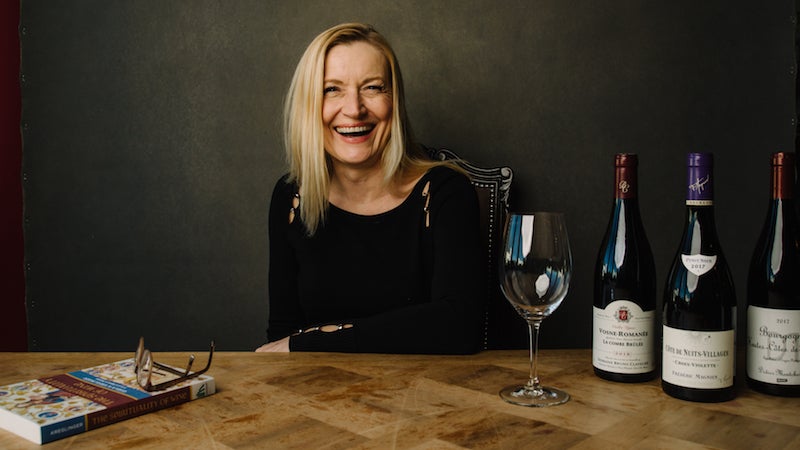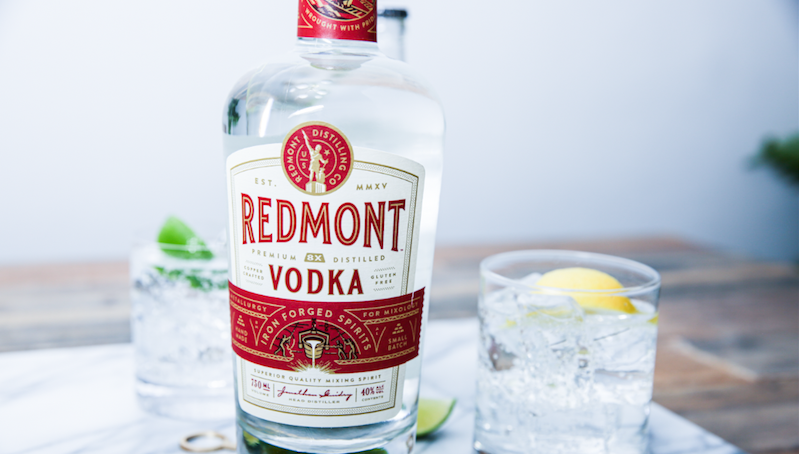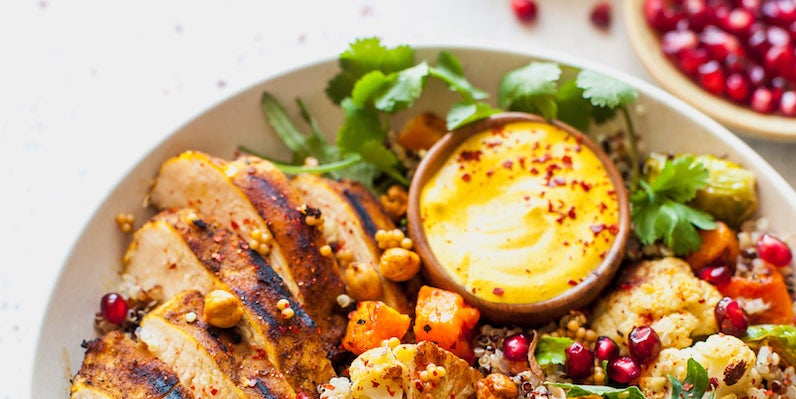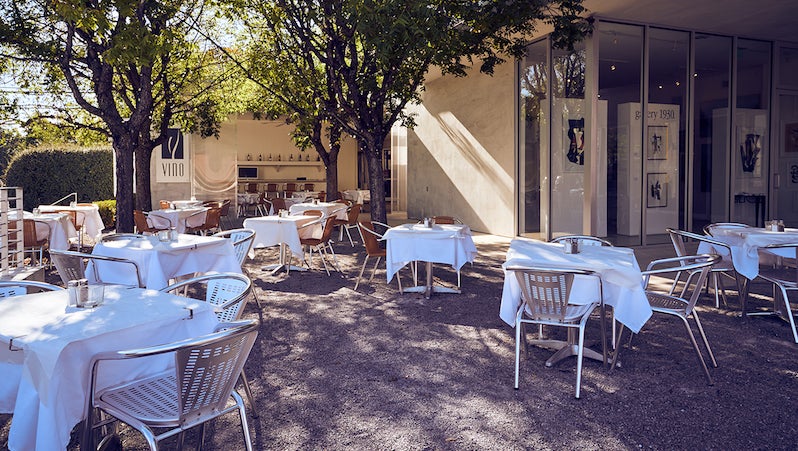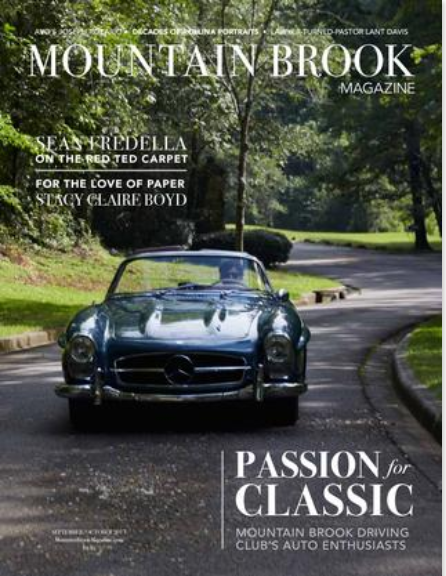By Madoline Markham
Photos by Bradley Burckel & Contributed
Wine making has been a family affair for the Kreglinger family for centuries. Just outside a seventeenth-century half-timbered house in Franconia, they harvest and press grapes off the vines they plant, crafting their golden and crimson liquids into wine they in turn sell in restaurants and on property—each and every step kept in the family.
And for as long as Gisela Kreglinger has seen that process in action, she’s known wine’s power as well. “Germans tend to be on the reserved side, and that’s how they would arrive,” she recalls of when visitors came to her family winery as she was growing up. “Then they would come to the tasting room, and with every glass of wine, you could see how they were relaxing. Suddenly smiles would come more easily and then confessions, sometimes of wonderful things and sometimes of hard things.
“In this bonding and enjoyment of wine, they realized life is hard sometimes, but there is so much joy we can experience together as we move into a state of holy intoxication—a level that helps you to relax and let down your burdens and embrace the moment and the people you are with.”
For Gisela one word sums up much of what she is about, both in life and theology, in what she’s seen in Europe and now living in Birmingham: conviviality. Merriam-Webster defines it as “relating to, occupied with, or fond of feasting, drinking and good company.” For Gisela, it’s about life around the table, where “a greater sense of bonding and knowing and conversation and creativity can happen,” with wine of course.
And it’s been her life’s work to tell others about all of this in a very specific niche of theology: the spirituality of wine. Armed with a PhD. in historical theology from the University of St Andrews in Scotland, Gisela arrived in Birmingham to teach at Samford University and found Crestline Village familiar with the European village feel she’d grown up in and made it home.
Since moving to Alabama, she’s penned two books. Both The Spirituality of Wine, a more academic volume, and The Soul of Wine, a more popular book that’s a quick read, seek to answer a central question, “Given wine is a gift from God, how do we embrace it well so it brings healing to our lives and communities?” It’s a realm of ideas that brings together both the food world and theology, and her first book garnered endorsements from Alice Waters, a chef, author and owner of Chez Panisse Bakery in Berkeley, California, as well as theologians, with a foreword written by Eugene Peterson.
“We need to embrace wine well, to slow down and see it as a spiritual exercise that we are consuming a gift from God,” Gisela explains. “Simone Weil, a French mystic, once said that attention in its highest form is prayer. To be really attentive to what is before us and to receive it in a deep sense, smelling it and allowing ourselves to feel how it affects our body, is a way to be grateful for what God has given us.”
And the most appropriate way to respond to God’s gifts, she says, is to be not just grateful but also to be joyful. “When you look at the Garden of Eden and the Hebrew word ‘Eden,’ it literally means the Garden of Pleasure and Delight,” she says. “God created the world for us to enjoy it, and we should enjoy what the earth brings forth. It’s claiming the freedom to enjoy God’s gifts together.”
Although she teaches Christian spirituality specifically, Gisela sees that anyone with different beliefs can connect with the spirituality of wine, harkening back to ancient civilizations with wine gods like Dionysus and Bacchus and an understanding of the “mysterious transformation” when grape juice is fermented into wine. “For someone who is an atheist or an agnostic, they can still appreciate that wine is more than just a material product,” she says. “It’s a special gift whether you ascribe to the belief in a creator or not. What it does to us is universal.”
In fact, she thinks that for people who grew up in Christian settings that they found off-putting, wine might be a new way for them to explore Christianity. “The Christian church, especially in North America, has had a very narrow view of Christian spiritualty focused on morals and right and wrong,” she says. “They left out a lot of the things that are not necessarily moral, like beauty, and the arts and the baptized imagination, the enjoyment of wine and nature and the giftedness of our bodies or creativity.”
Although Birmingham has become home for her, Gisela travels regularly and leads wine pilgrimages to Europe each summer (see her website for more information). This weeklong culinary tour starts in the Burgundy region of France and makes it way to her native Franconia in Germany, touring ancient cellars and the abbeys that laid the foundation of today’s wine culture. “It’s really the monks and nuns that laid the agricultural foundation for Western Civilization to emerge,” Gisela explains. “They were very learned and they cultivated vineyards. Even today in Burgundy the vineyards the monks planted are still the best vineyards producing the very best wines in the world.”
Even amidst her travels and academic pursuits, conviviality reigns in the home Gisela shares with her husband, Roy, whom she met through the Birmingham Chapter of the International Wine and Food Society. They love to invite friends and strangers alike to their wooded backyard to linger over charcuterie and bread and wine and let conversation deepen just as Gisela saw happen back in Franconia. And at the heart of it is wine—preferably not just a simple wine.
“A great wine is like a beautiful cathedral that sings its songs,” she says.” If it is done well, a wine has beautiful structure with good acidity and a harmonious interplay of different notes ranging from sweet and fruity to savory and dry, perhaps with some tannins built in. All the different elements are so harmonious, not one overpowering the other. It’s like listening to a concert.”
To learn more about Gisela’s books and wine pilgrimage trips, visit giselakreglinger.com.
Tasting Notes
A Q&A with Gisela
What are a couple of your favorite spots in Birmingham for wine?
Chez Fonfon reminds me of Europe and of home. At Golden Age Wine they have a lot of smaller producers and focus on organic and biodynamic wines. For the size of this city Birmingham has an incredible amount of wine shops and wine bars and events that help you get into the world of wine.
What wines do you personally like to drink?
I grew up in Franconia where wines have a lot of acidity. I like that. It gives it a lot of character and strength, and it really goes well with food. For example, I like the freshness and vitality of a Chardonnay from Chablis in Burgundy because of its good amount of acidity that goes really well seafood and fish.
How do you find a wine that’s a good fit for you?
It’s like finding a partner. It’s very unique. You have to get to know that person and where they grew up and what their values are. Good wines are like people. They have personality and character, and you have to befriend them over not just one bottle. They change because every year is different. It’s a very relational reality if you want to learn about wine. There’s a lot of mass produced wine that is very uninteresting. I like when wines are interesting just like I like when people are interesting and a little sharp on the edge or a little opinionated.
What’s a good entry point to buying good wine?
Adopt a wine shop close to you. Go and tell them you want to learn about wine and your budget, and then go on a journey. Stay with them and get to know the people there. You should be free to explore wine on your own terms.
How should you taste wine?
Try to have a very natural setting. Get simple bread and don’t light any candles that smell. Focus on the wine. Pour a glass and look at the color. Swirl it around in the glass and smell it. Listen to the wine like you listen to the song of a bird to figure out what bird it is. Stick your nose into the glass and really smell it, and then pause and then do it again several times. It takes time for your brain to process these olfactory sensations.
Then take a good gulp, swirl it around in your mouth and swallow it slowly. Then you listen again. There are olfactory receptor cells in the back of your throat, and you still will smell as you swallow. Listen not only to the fragrance but also to your body and how it feels as the alcohol warms your blood. Be personal about your responses. Don’t try to please someone who says you have to say it has fruit or is tannic or has minerality. A lot of what we experience with wines is hard to put into words. That’s why poets began writing about it.
Learn to trust your own sense of smell and taste and allow the wine to evoke memories and stir your emotions and see what happens. I guarantee it’s beautiful.

